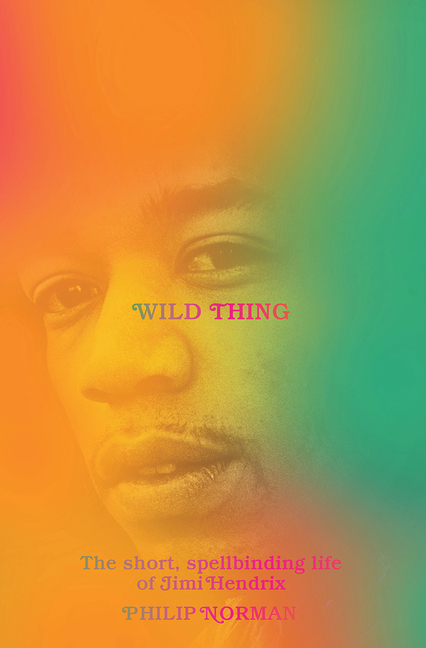Always entertaining, if a little glib in places, the Sixties chronicler Philip Norman tells an archetypal crash-and-burn story of sex, drugs, rock’n’roll, dodgy gangster managers, debauched tours, bitter feuds, more sex, more drugs and even more sex ... Hendrix effortlessly attracted an army of girlfriends and groupies. Itemised with an unsensational eye in Wild Thing, his erotic exploits eventually start to feel comically absurd ... Norman’s forte is his pithy use of anecdote ... Wild Thing has less to say about Hendrix’s richer and deeper impact as a sonic innovator and counterculture figurehead. In fairness, Norman does make an effort to locate the rocker within the racial politics of his day ... Norman himself can be tone deaf on race at times ... Norman never met Hendrix, who falls outside his usual focus on the white founding fathers of British blues rock. That perhaps explains the uncertain tone of Wild Thing, which feels like the work of a capable chronicler rather than an impassioned devotee. Indeed, the author pads out his observations on Hendrix with tangentially related Beatles, Stones and Clapton anecdotes, as if struggling for a sure footing outside his comfort zone. Wild Thing brings few fresh insights to the table ... Most glaringly, the author skimps on serious analysis of Hendrix’s music or lyrics ... That said, Norman’s instinct for reportage serves him well in addressing Hendrix’s death ... There have been many superior books on Hendrix, and Norman has written better pop biographies than this, but Wild Thing is still an engaging memorial to a rock revolutionary whose music, in contrast to many of his revered Sixties peers, retains much of its explosively thrilling voodoo power.
Read Full Review >>

